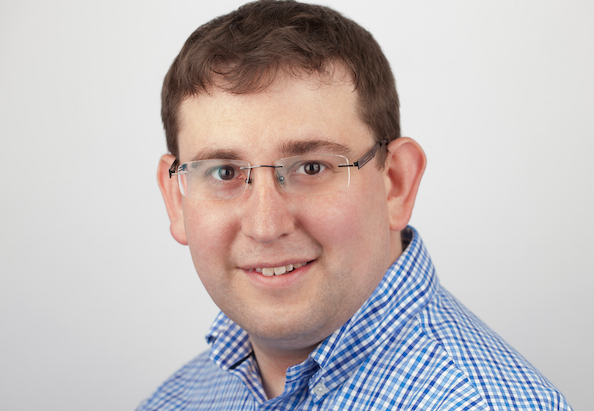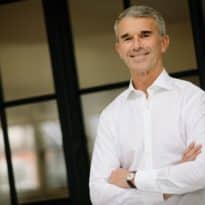Dan Atkinson was recently appointed chair of the CISI’s Paraplanner Interest Group. Rob Kingsbury spoke to him about the appointment.
RK: Why become chair of the Paraplanner Interest Group?
DA: There are various reasons. I’m generally up for doing things to help develop and promote the profession. I have been part of the group from its launch in 2016 and I was already very involved in the practitioner committee and providing input to that. So, when Farida [Hassanali] decided to step down after doing a fantastic job in the role for the past few years – as well as lending supporting to other initiatives in the profession – it seemed natural to take an even more active role within the Group.
RK: What’s required of the chair of the committee?
DA: There are two sides to it. First is to ensure that all members have the opportunity to contribute fully, so we get the best ideas from the group (not just those who may be more vocal). There’s also the practical side, which is helping the CISI support team to organise the committee meetings and providing input to the annual conference and other events during the year.
We now have 11 committee members. The makeup of the committee changes from time to time as all our members are active in their companies and while we recently said goodbye and thank you to Rebecca Tuck as she focuses on her other involvements, we had the pleasure of welcoming Sian Davies-Cole, Steven McBurnie, and Damian Zhang to the team.
RK: What’s the purpose of Paraplanner Interest Group?
DA: The reasons for the interest groups and professional forums is to provide a representative cross section of the relevant community, in our case paraplanners, so that the CISI team who do all the practical elements, such as arranging conferences, can understand what the members want from their professional body. In effect it’s a steering group of people who are up for getting involved and sharing what they think professionally.
From the committee’s point of view, it’s very useful to have people behind the scenes who have expertise in event management and can take our ideas, work with them and turn them into reality.
RK: What does the CISI have lined up for 2020?
DA: We’ve put in place the CISI annual Paraplanning Conference, which will take place in London. We’ve chosen London this year as in the past we’ve held them in the Midlands as a central point for everyone in the country but actually feedback was that unless you lived locally or within driving distance often venues were quite difficult to get to. Whereas London has good public transport connections from anywhere in the UK.
We are also in the process of arranging half-day conferences which will take place in London and elsewhere, more news of which we will publish in due course.
We will also be getting the message out more around what it means to be an Accredited Paraplanner; what it means in practice and why paraplanners should want to have an accreditation.
RK: Historically, most adviser firms have followed the CII qualification route. What do you feel differentiates the CISI qualifications and makes them worth pursuing?
DA: I’ve been down the CII/PFS route and I’m Chartered and a Fellow of the Personal Finance Society (PFS). I find that route equips you well from a technical point of view, giving you the knowledge and helps you to apply that knowledge. The CISI does have exams that do that and you often see wealth management firms follow the path to Chartered Wealth Manager, for example. What differentiates the CISI for me as a financial planning paraplanner is that the Certified Financial Planner and the Accredited Paraplanner qualifications are more about the practicalities of doing financial planning. They are equipping you to do the financial planning process and how the technical elements fit together and interact. It’s looks at financial planning in a holistic way.
RK: Why do you feel paraplanners should join the CISI and undertake its qualifications as part of their career progression?
DA: I’d answer that with a question to paraplanners, which is: How should you best equip yourself for the role of paraplanner in 2020? I, and others, believe that these days paraplanners shouldn’t be restricting themselves to one professional body. We need a broad base of knowledge, using different bodies for different parts of our study and learning. For example, using qualifications offered by STEP to equip yourself with advanced knowledge around trusts and estate planning. It’s about how you become better at financial planning overall, so pro-actively building skills and knowledge on that broad base rather than plotting the quickest way to get to Chartered. And then following that up with how you structure your CPD.
As more and more paraplanners become Chartered and Fellow, I think it will start to become important to distinguish yourself both in the quality of the work you undertake and deliver, while having that broader base knowledge and experience is going to be more attractive to employers.
Further information on the CISI qualifications related to financial planning can be found here.





























